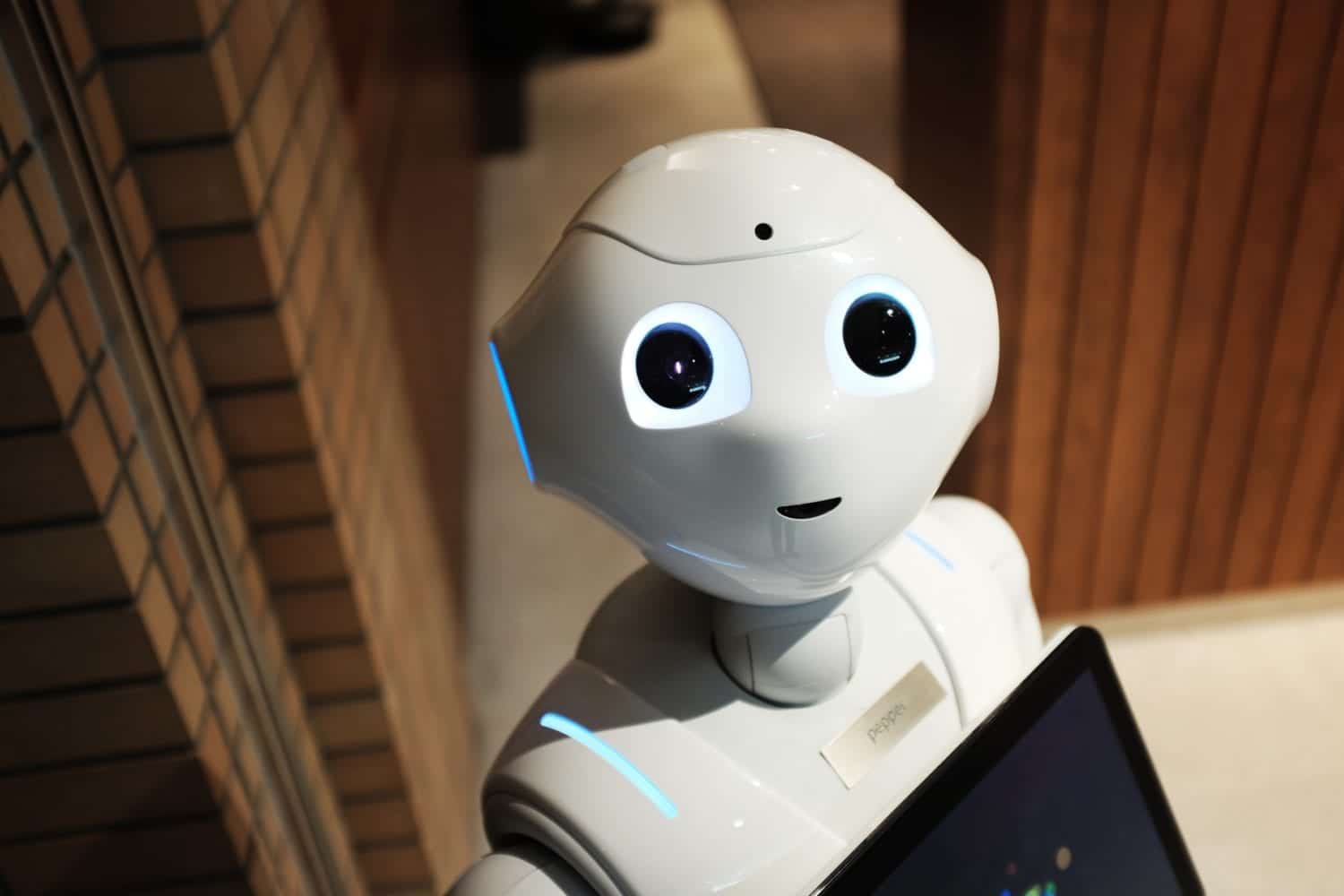The Emperor’s New Clothes: A Tale of AI for Bookkeeping and Accounting

What’s with all this talk of Artificial Intelligence (AI) in Bookkeeping and Accounting? For the most part it is just that – talk. AI, machine learning, bots and automation are some of the buzzwords being thrown around. Some firms are touting how they have replaced humans with technology. For example, stories have surfaced about one firm in the U.S. presenting a facade of AI when the work has been done primarily by offshore bookkeepers without AI, just low cost laborers presented as software robots. This firm bragged about putting bookkeepers out of work, while reportedly hiring its own team of bookkeepers. Another firm touting its automation technology was interested in selling itself to SmartBooks to get out from under a tide of financial losses. Having been caught up in a race to the bottom in pricing and without any real technology to automate the work, this firm admitted that it was manually posting bank deposits. Even Intacct with a product we love, having invested over $200 million in investor money over the course of a decade and subsequently acquired by Sage for $850 million, with a subscription product that costs customers on average over $1,000 per month, has no automated bank feeds. If that much money doesn’t get you automated bank feeds, it indicates something is really hard about automating bookkeeping and accounting.
One day it may all be a reality. There is already technology such as OCR (optical character recognition) that will read accounting documents prepared in a standard format and post data to the accounting software. But wholesale replacement of human interaction with software, with software reading and understanding communication, documents and interactions with a myriad of sources and magically posting transactions, entering accrual entries, closing the books, reviewing and approving them? Since we started SmartBooks 10 years ago, there has been talk that the days of human bookkeepers and accountants were imminently numbered to be replaced with technology. That wholesale replacement seems a long way off.
Just as decoding the human genome was supposed to eradicate disease and two decades later we’re still waiting for the results, so too will we be waiting decades for AI to replace the human element in bookkeeping and accounting.
Instead we’ll continue to see incremental features and adaptation when technology can reliably and cost effectively perform a little bit more of routine bookkeeping transactions. OCR is an example as it becomes more widespread in the small business space, but it is challenged by the fact small businesses don’t deal in hundreds and thousands of repetitive transactions in the same format. Many count their monthly invoices and bills in the dozens, not the thousands. Software that automates processing is geared toward larger businesses with much more repetitive work to be done.
Don’t get me wrong; technology is meaningfully changing and improving the bookkeeping and accounting industry. SmartBooks was born in the cloud back in 2009. As technophiles, we are constantly evaluating new technologies to streamline work. In fact, we are developing some of our own technology, where we’ve identified gaps in the marketplace. Our CEO has served on the Board of Advisors of a number of software and technology firms including Intacct and MineralTree.
We’re in the business of producing results for clients. And we pride ourselves on producing those results consistently, reliably, on time, accurately, and thoughtfully. Technology is a tool in our toolbox that we employ to produce those results, alongside a number of other less sexy but equally important tools such as systems, processes, peer review, industry-specific expertise, experience, and judgment honed over the years.
The criteria for adopting technology is when it can produce a desired result for clients faster, less expensively, or more accurately. That set of criteria has driven the adoption of the technology we use in our firm. What has gotten lost in the din of marketing and people touting their latest thing is that technology is only a means to an end. Technology for technology’s sake is worthless. If we can produce a result consistently, less expensively, and more accurately using good old fashioned systems and processes and proven technology, why would it make sense to introduce less reliable and more expensive technology to produce a worse result for clients?
Even as technology slowly is able to automate more bookkeeping tasks, it still requires someone with skill and judgment to implement and manage. A software-produced set of monthly financial statements requires review and validation and is worth very little without the aid of a trusted advisor translating those statements into meaningful and actionable language for managers and business owners. There is no replacement for experience, insight, consultative skill, and the relationship with clients to understand the priorities of small business owners and how to make decisions supporting those priorities. That’s our purpose at SmartBooks, to help small business owners. Technology is a tool, one of many that we use.
